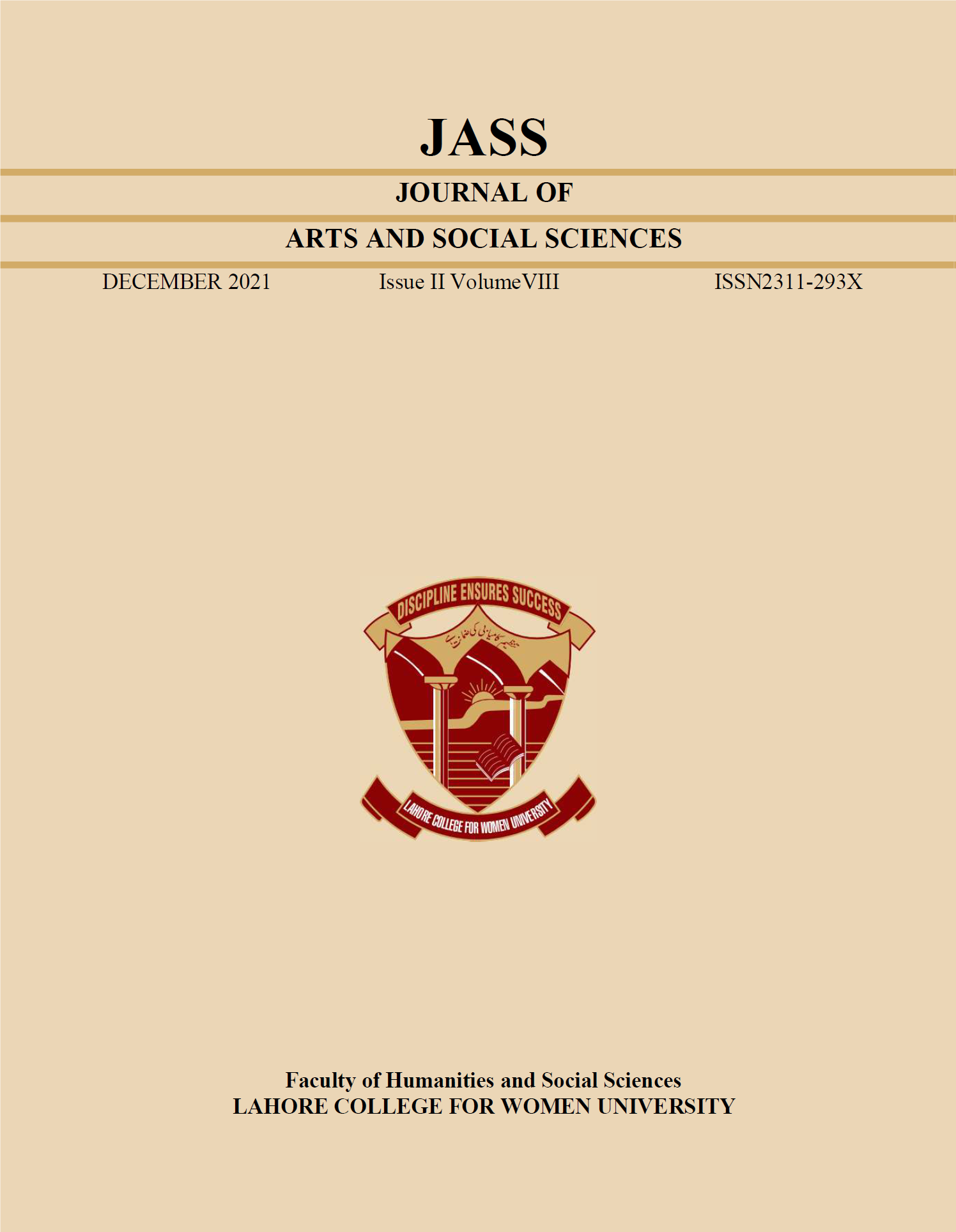AUTONOMOUS CLASSROOM AS PRODUCT OF EFFECTIVE TEACHING STRATEGIES AND MOTIVATED LEARNERS
Abstract
This paper addresses the issue of how to enhance motivation in tertiary level EFL learners to lead them towards achieving independence in learning. Based on a case study at the Global College of Engineering and Technology, Muscat, Oman, it critically examines the scope of application of John Keller’s ARCS model that exhibits four steps for enhancing learners’ motivation - Attention, Relevance, Confidence, and Satisfaction. It recounts how these motivational techniques have been used in classrooms and how each of these steps has enhanced the learners’ self-confidence and their interest in learning the language. The paper argues that efficient use of ARCS model can transform extrinsic motivation into intrinsic one. It recommends that educators should adopt the ARCS model to sustain learners’ interests and accomplishments of the set learning objectives. It makes students reach a level where they begin to take charge of their learning, resulting in strong learner-teacher autonomy in language acquisition.
Key Words: Keller's ARCS model, Foundation program students, Index Terms-motivation






